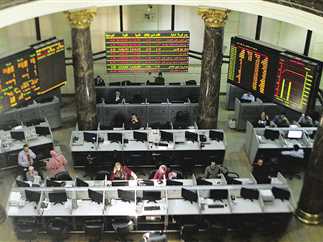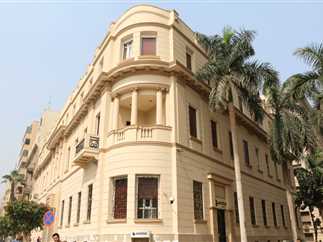Egypt has dropped plans to levy a tax on share dividends, will not revive it this year and is looking for ways to reduce planned expenditure as a result, the Finance Minister said on Thursday.
The government scrapped the planned tax after strong opposition from investors. Egypt's benchmark share index suffered its biggest decline in six weeks last Thursday after the tax was unveiled in the draft 2011/12 budget.
"We never had a plan to impose a capital gains tax in the traditional sense. All we discussed is a tax of 10 percent on distributed gains from the stock exchange, on dividends," Finance Minister Samir Radwan told Reuters by telephone.
"For the time being, we are not imposing this tax so that we encourage the stock exchange."
He ruled out reviving the idea of a dividend tax later this year and said there were no other changes to the draft budget approved by cabinet on Wednesday. It is due to pass into law once it is approved by Egypt's ruling military council.
The benchmark share index rose 0.9 percent on Thursday as investors welcomed Radwan's decision.
Popular indignation at high-level corruption and a growing rich-poor divide in the country of 80 million helped spark a popular uprising that unseated President Hosni Mubarak in February.
The budget unveiled last week increases spending to create more jobs and help the poor with higher subsidies on essential goods.
It also included an increase in the income tax levied on corporations and individually owned companies of 5 percentage points.
The higher income tax would be applied to companies that earn 10 million pounds or more, according to the government. The government also plans to raise the minimum taxable income.
Businessmen and investors had said the planned dividend tax would discourage much-needed investment and delay Egypt's economic recovery after the uprising slashed tourism, disrupted business and scared away investors.
Cancelling the tax "takes into account the circumstances of the Egyptian economy and the need to attract more foreign investment which would create more job opportunities and increase Egyptian gross domestic product and boost economic growth," the stock exchange said in a statement.
Radwan defended the principle of the tax, saying: "This is a normal tax all over the world, even in a country like Saudi Arabia. In Europe the rate is around 15 to 20 percent".
Asked how the interim government would compensate in the budget for dropping the dividend tax, Radwan said: "I am trying to see if we can reduce expenditure somewhere."




